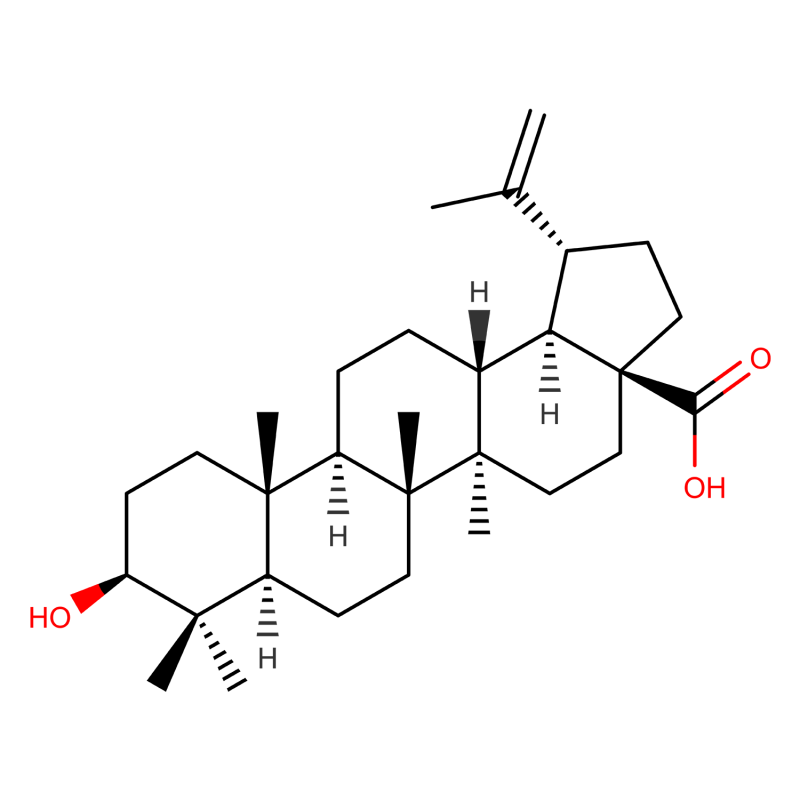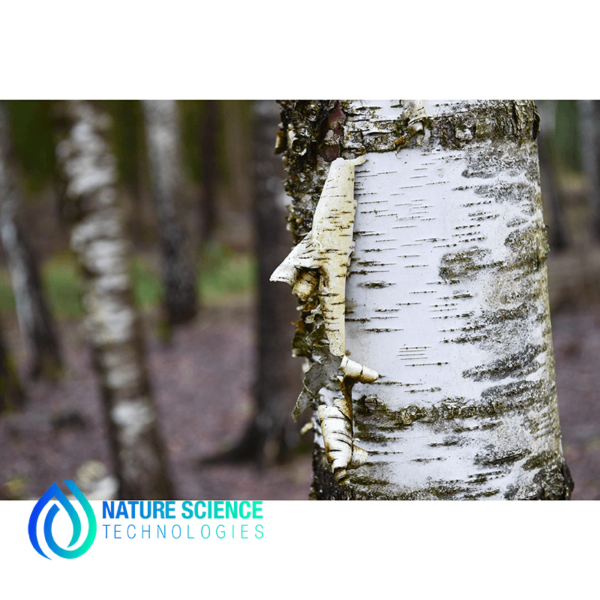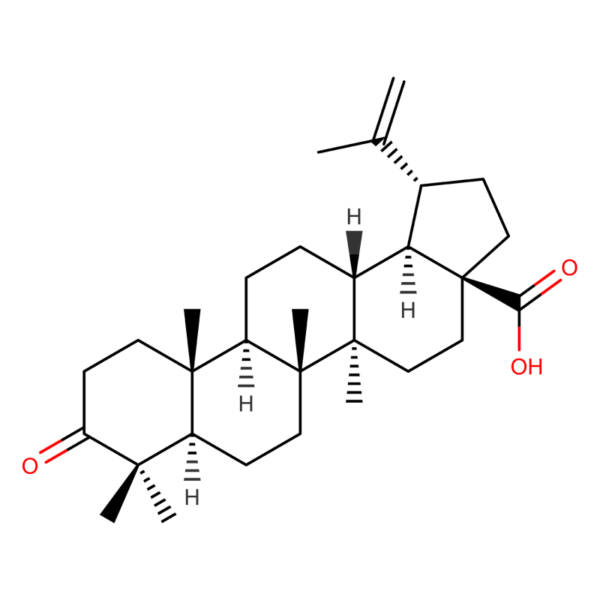Betulinic acid (CAS 472-15-1): Potent Pentacyclic Triterpenoid for Advanced Biomedical Research
1. Molecular Identity
- Chemical Name: 3β-hydroxy-lup-20(29)-en-28-oic acid
- CAS Number: 472-15-1
- Source: Naturally occurring in various plant species, including the bark of white birch trees
2. Biochemical Significance
Betulinic acid (CAS 472-15-1) is a pentacyclic triterpenoid with diverse biological activities. Its unique molecular structure contributes to its potential anticancer, anti-inflammatory, and antiviral properties, making it a compound of significant interest in pharmaceutical research and drug development studies.
3. Key Properties of Betulinic acid (CAS 472-15-1)
- Anticancer: Demonstrates potential in inducing apoptosis in various cancer cell lines
- Anti-inflammatory: Shows ability to modulate inflammatory pathways
- Antiviral: Exhibits promise against certain viral infections, including HIV
- Antioxidant: Indicates free radical scavenging capabilities
4. Potential Research Applications
- Cancer research and drug development
- Inflammatory disorder investigations
- Antiviral studies, particularly in HIV research
- Metabolic disorder and diabetes studies
5. Current Research Focus
Ongoing studies are investigating Betulinic acid’s effects on:
- Various cancer types and their molecular pathways
- Inflammatory signaling cascades
- Viral replication mechanisms
- Glucose metabolism and insulin sensitivity
6. Formulation Challenges and Innovations
Researchers are actively working on:
- Enhancing bioavailability through novel delivery systems
- Developing semi-synthetic derivatives with improved pharmacological profiles
- Creating targeted delivery methods for cancer therapy
7. Regulatory Considerations
Betulinic acid (CAS 472-15-1) is primarily used in research settings. Its development for specific therapeutic applications would require comprehensive safety and efficacy evaluations to meet regulatory standards.
8. Future Research Directions
The scientific community anticipates:
- Advanced clinical trials for various cancer types
- Exploration of Betulinic acid’s potential in combination therapies
- Investigation of its mechanisms of action at the molecular level
9. Collaborative Opportunities
We invite oncologists, virologists, immunologists, and academic institutions to explore the research potential of Betulinic acid. For inquiries, collaborations, or to discuss how this compound can benefit your research projects, please contact us at sales@nstchemicals.com.
Join us in advancing biomedical research with Betulinic acid (CAS 472-15-1) – a powerful pentacyclic triterpenoid at the forefront of natural product-based therapeutic strategies.



